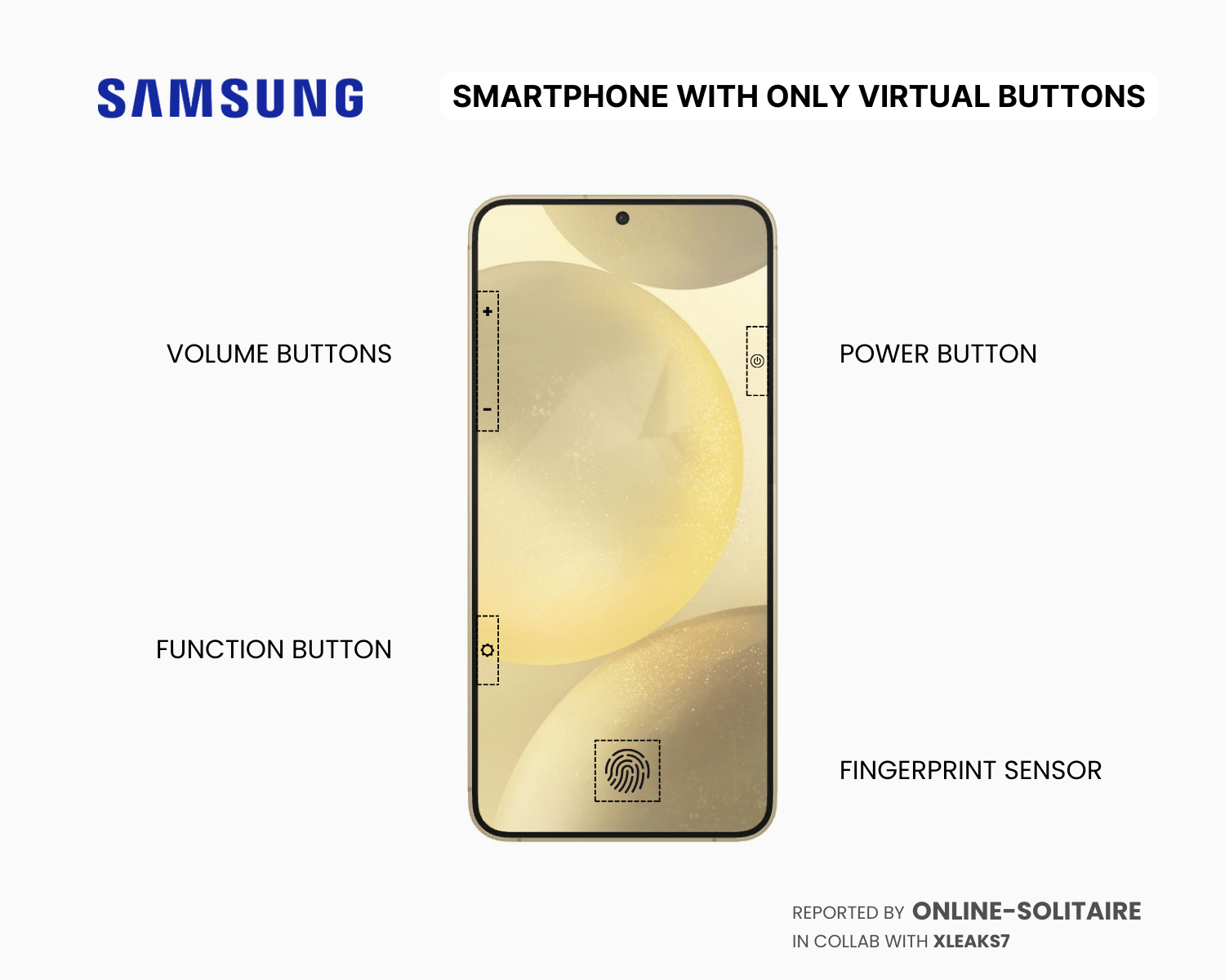Freecell and its unsolvable games: Game #11982 and the 99.999%

I think that FreeCell Solitaire's popularity stems from the game's puzzle-like nature and the fact that practically any game can be won. Even with excellent play, most solitaires can only be won around half of the time, with Spider Solitaire and Classic Solitaire being in the tougher spectrum of Solitaire games. Although FreeCell offers one of the highest victory rates of any solitaire, individual deals range from trivially easy to excruciatingly difficult.
The games we'll be focusing on in this blog post are the ones that don't fit the criteria of being easy or hard to win. We'll be focusing on those very few games that are unwinnable. They're few and far between, but they're out there. To figure out how many unwinnable games there are, we'll first have to get a few things straight about Freecell.
FreeCell is an open solitaire, which means that all of the cards are dealt face-up at the start, and the result of any series of movements can be calculated without relying on judgment or chance, as in games like Spider Solitaire. FreeCell also varies from most of its siblings in that it employs alternate-color tableau packing, a feature that has proven successful in Klondike, and a variety of other solitaires.
The fact that at any point in the game, the consequence of every move can be calculated, means that a computer can calculate whether a game is winnable by going through all the possible moves there are for a specific game of Freecell. If said computer has gone through all the possible combinations of moves without finding a path that will lead to a win, it figures that that particular game is unwinnable.
That's exactly what Don Woods did in 1994. He conducted the first large-scale computerized statistical study of 1 million Freecell random deals and reported that his program had been able to solve all but 14 of the games, which means that 99.9996% of the games were winnable.
It has long been known that game #11982 of the classical Windows Freecell was the only unsolvable game out of the 32.000 deals in the application, which would give a win rate of 99.9979%, which is close to Don Woods result, but still with a difference of 0.0017%. Making this kind of study on 1 million deals instead of 32.000 deals means that Don Woods' study is much more statistically significant.
Microsoft has later released a new version of Freecell, which features 1 million games instead of 32.000 games. Those exact same deals have been incorporated into the Freecell games of Goodsol and MobilityWare and come to show that 8 games out of the 1 million games are unsolvable, which gives a win rate of 99.9992%.
So when a study is done on 1 million games, the win rate tends to be 99.999%. In conclusion, if you're having a difficult time winning a particular Freecell game and think it might be unwinnable, the chances are you've just stumbled into a particularly challenging game. So grab a breath of fresh air and give Freecell another chance!




